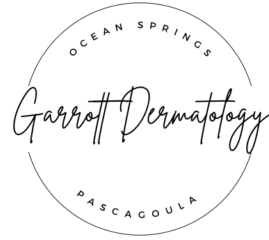Growing children spend a good part of the day outdoors, in contact with sand, public pools, plants, and various other sources of allergens. This, coupled with their skin’s natural sensitivity, make them susceptible to skin conditions. Unless the condition is severe, there are a range of self-care and preventative measures that can limit the damage to the skin.
Some of the home remedies listed below can help keep your child’s skin free of irritants and prevent long-term damage.
- Use Fragrance-free Products
Most skin and hair products in the market are perfumed, and therefore contain several undeclared toxic ingredients that can irritate the skin. When buying products off the shelf, read the labels carefully to make sure the contents are free of mineral oil and silicones, which are inexpensive substances without any significant health benefits. Instead, they tend to dry the skin and cause rashes.
- Use Ice Cubes to Cool the Affected Area
If your child has been bitten by a bug or contracted chicken pox, eczema or contact dermatitis, s/he may have also developed itchy rashes. Excessive scratching could aggravate the condition, so cover their hands with socks. Keep the affected area cool and wet by rubbing it with ice cubes or a wet cloth; however, too much wetting can cause the skin to dry out and exacerbate the itching. A cool mist humidifier can keep the skin moist without causing burns, which are common with the use of hot-water vaporiser.
- Use Child-friendly Sunscreen
Sunscreens meant for children contain fewer chemicals, so choose one that is photostable and suitable for young skin. Put your child in the habit of using sun screen, as it helps prevent cancer and slows the ageing of the skin. For the lips, use a sunscreen lip balm.
- Change Wound Dressings Once A Day
An unavoidable part of childhood is nicks, cuts, bruises and other playground injuries. Since it is difficult to confine even injured children indoors, it is best to apply an antibiotic cream to the affected area and cover it with a sterile gauze to prevent an infection. Remember to change the dressing at least once a day.
- Keep Away From Irritants Found in Common Household Items
Since your child’s immunity system is still developing, their skin is prone to irritation by even everyday household products such as air-freshening sprays, pet hair and dander, and wool or synthetic clothing. Most allergies can be avoided by using dye- and perfume-free detergents to wash children’s clothes, vacuuming frequently, and clothing them mainly in cotton or cotton blends.
When none of these measures are sufficient, consult a dermatologist, as conditions such as eczema require professional treatment.




